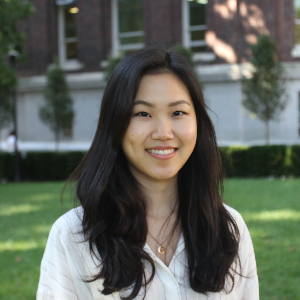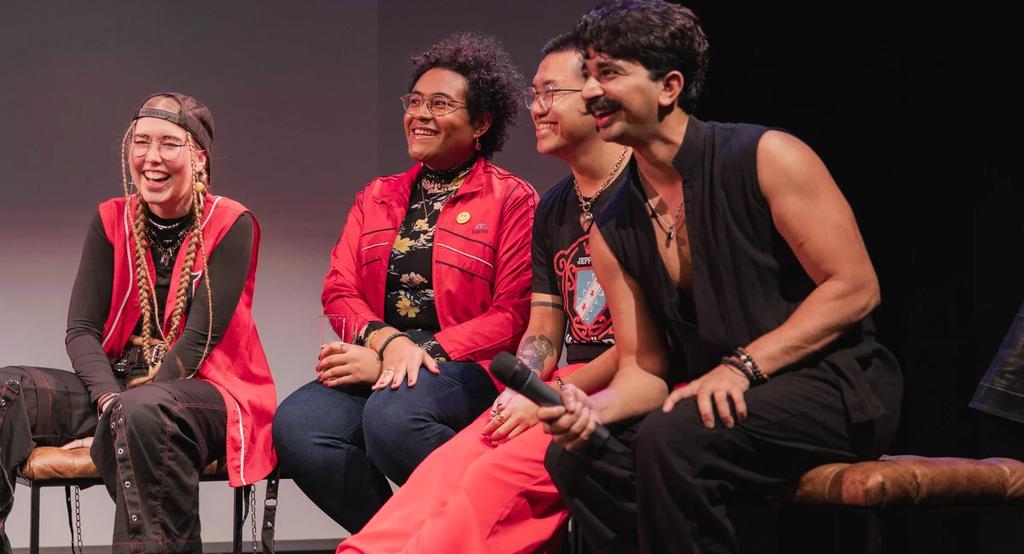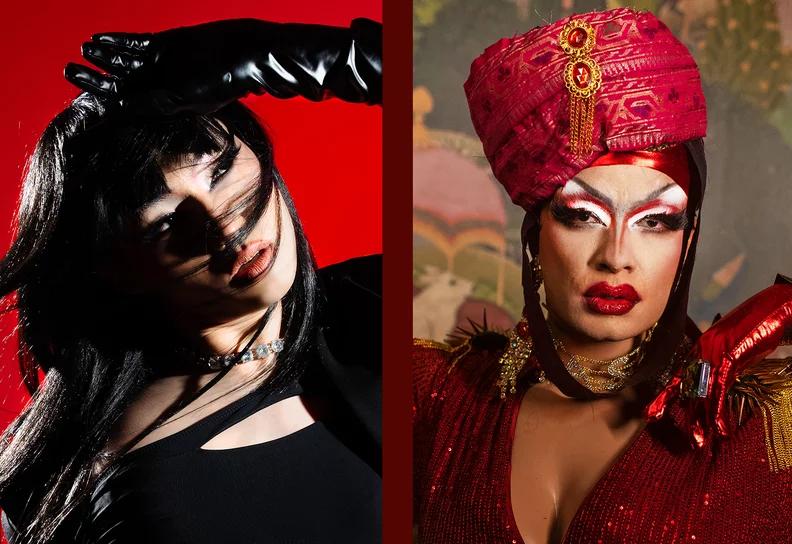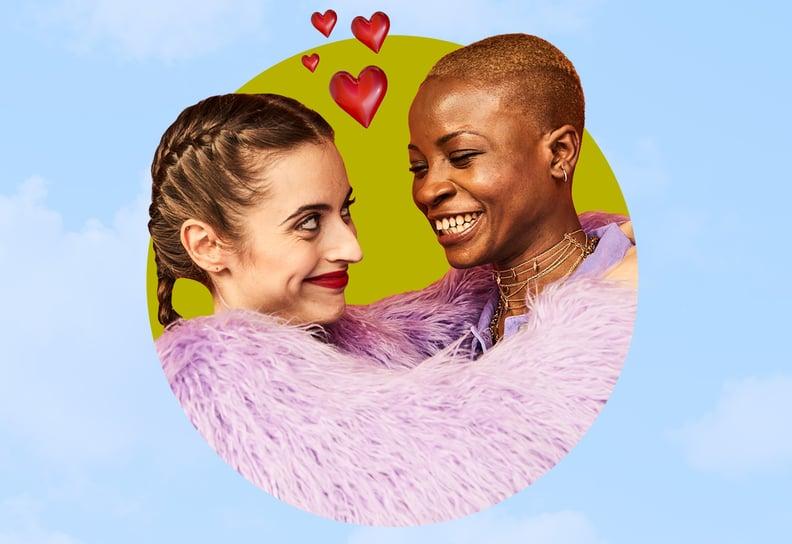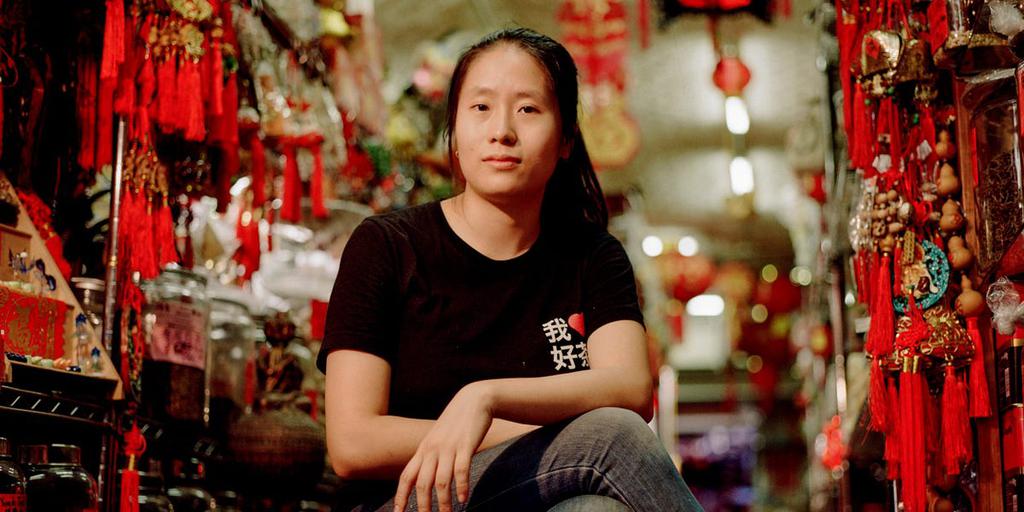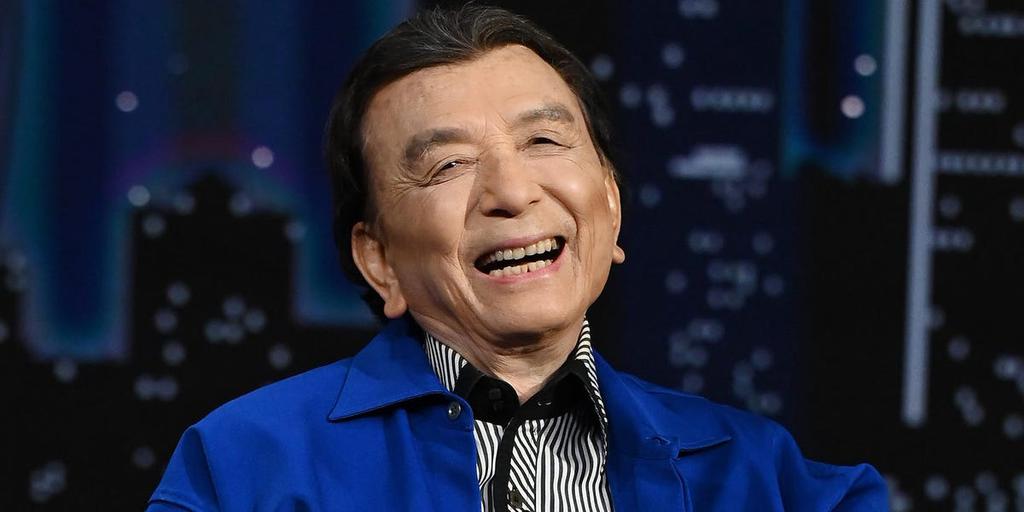PopSugar
•
14th May 2024
Why Gen Z Is Bringing Matchmaking Back
On her first date with her now-fiancé, Lawren Saunders did something a little different. Following the advice of her matchmaker, the then-25-year-old ditched the six-inch heels, false lashes, and wig she usually wore on first dates, opting instead for comfortable sandals and a jean jacket she wore regularly.
Earlier that year, Saunders had reached out to Alexis Germany Fox, a matchmaker and dating expert, after hearing her friend rave about her relationship savvy. Like many other Gen Z singles, Saunders felt burned out by years of being on the dating apps, and was looking for what she described as a more "authentic" way of meeting people.
"I was swiping and revamping my profile, not knowing what to say on my prompts and matching with weird people," says Saunders, now 27. "On a dating app, it's difficult to figure out how you want to present yourself or how to read other people. It seems very superficial since you're going off someone's best photo or best one-liner."

